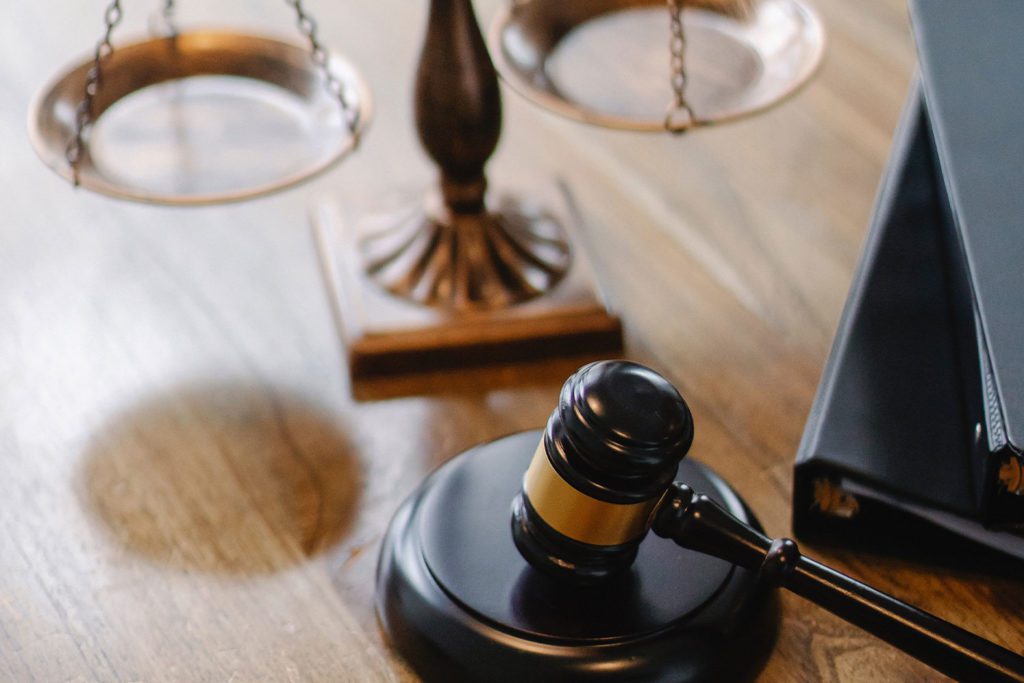New Florida Rule Authorizes Immediate Appeal of Orders Permitting Punitive Damages
Reading Time: 3 minutes
On January 6, 2022, the Supreme Court of Florida adopted an amendment to Rule 9.130, Florida Rules of Appellate Procedure, authorizing the immediate appeal of nonfinal orders that grant (or deny) a plaintiff’s motion for leave to amend its complaint to assert a claim for punitive damages. This new rule takes effect on April 1, 2022.
What Are Punitive Damages?
“Under Florida law, the purpose of punitive damages is not to further compensate the plaintiff, but to punish the defendant for its wrongful conduct and to deter similar misconduct by it and other actors in the future.” Owens-Corning Fiberglas Corp. v. Ballard, 749 So. 2d 483, 486 (Fla. 1999). Therefore, punitive damages are only appropriate when the defendant “engages in conduct which is fraudulent, malicious, deliberately violent or oppressive, or committed with such gross negligence as to indicate a wanton disregard for the rights and safety of others.” Id.
Under Section 768.72, Florida Rules of Civil Procedure, a plaintiff is not permitted to assert a claim for punitive damages, “unless there is a reasonable showing by evidence in the record or proffered by the claimant which would provide a reasonable basis for recovery of such damages.” Fla. Stat. § 768.72(1). To do so, a plaintiff must first file a motion with the court and present evidence showing a reasonable basis for recovery of punitive damages, then file a motion with the court to amend the complaint to add punitive damages.
Why is This Change Important?
Prior to this rule change, if the trial court permitted the plaintiff’s punitive damages claim to proceed, a party who wished to challenge the trial court’s decision was limited to filing a petition for writ of certiorari with the appellate court. However, unless the trial court departed from the procedural requirements set forth in section 768.72, Florida Statutes, the appellate court is unauthorized to grant any certiorari relief to the defendant, even if the appellate court disagrees with the trial court’s conclusions. TRG Desert Inn Venture, Ltd. v. Berezovsky, 194 So. 3d 516, 519 (Fla. 3d DCA 2016).
Consequently, without the ability to immediately appeal the trial court’s decision, defendants were required to disclose financial information that would otherwise be off-limits, and potentially be subject to uninsured losses. Id. at 520, n. 5. As described by the Third District Court of Appeal in TRG Desert Inn Venture, Ltd. V. Berezovsky, “the granting of a motion for leave to amend a complaint to add a punitive damages claim can be a ‘game changer’ in litigation.” Id. at 520, n. 5. Because of this, the Third District Court of Appeal urged the Florida Bar’s Appellate Court Rules Committee to review Rule 9.130(a)(3), Florida Rules of Appellate Procedure, to “consider whether to include in the rule’s catalog of appealable, non-final orders a trial court’s order granting a motion for leave to add a punitive damages claim.” Id.
A few years later, on July 6, 2020, the Clerk of the Florida Supreme Court formally asked the Florida Bar’s Appellate Court Rules Committee to “propose rule amendments to provide for the interlocutory appeal of nonfinal orders granting or denying leave to amend a complaint to assert a claim for punitive damages.” Accordingly, on February 1, 2021, the Florida Bar’s Appellate Court Rules Committee submitted its proposed amendment, and on January 6, 2022, the Florida Supreme Court adopted the amendment.
Conclusion
Accordingly, effective April 1, 2022, a defendant can immediately appeal the trial court’s order permitting a plaintiff’s punitive damages claim to proceed, without having to wait for a final order in the case to appeal or disclose its confidential financial information. This new change, is most definitely, a “game changer.”


